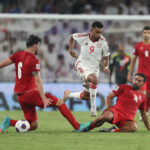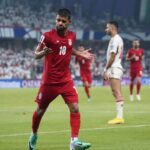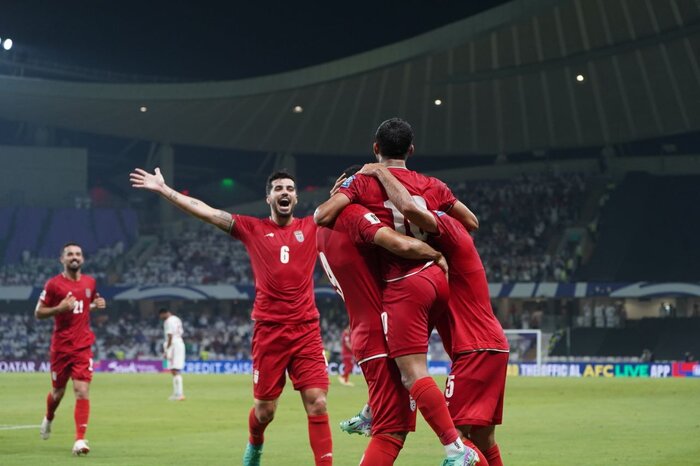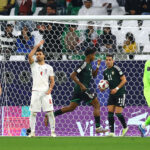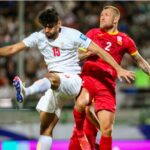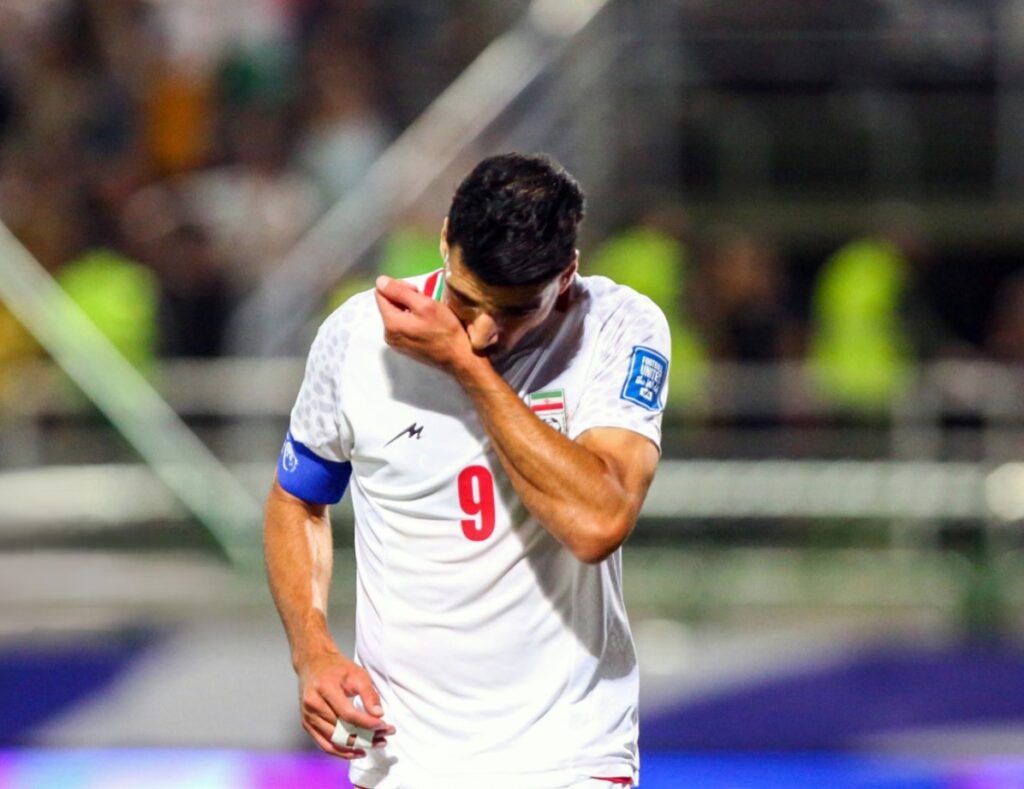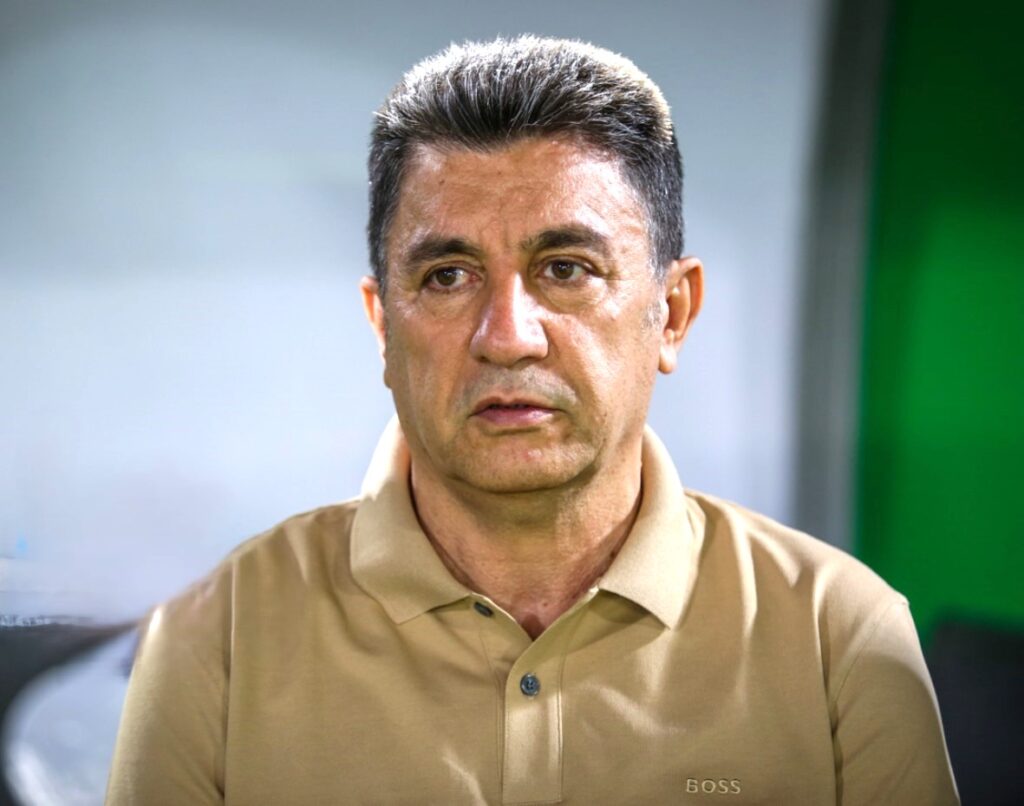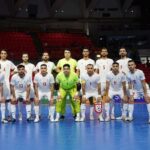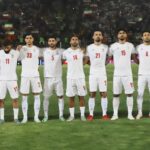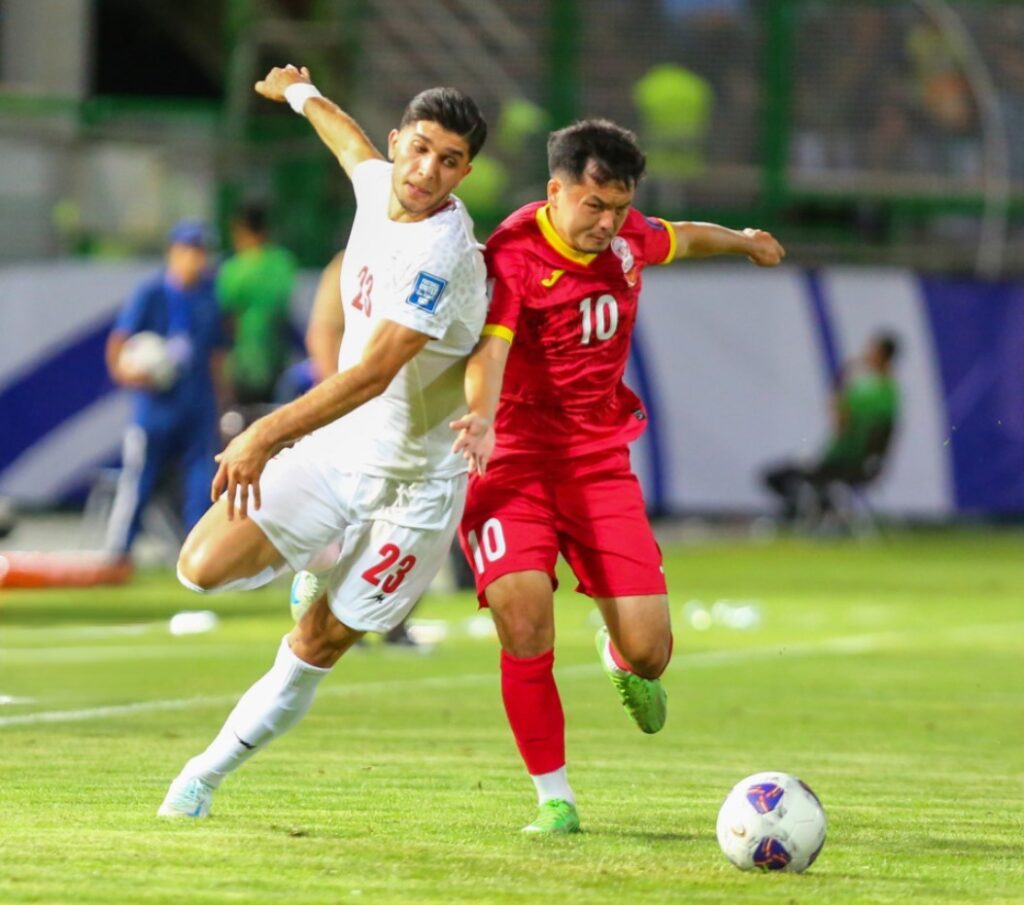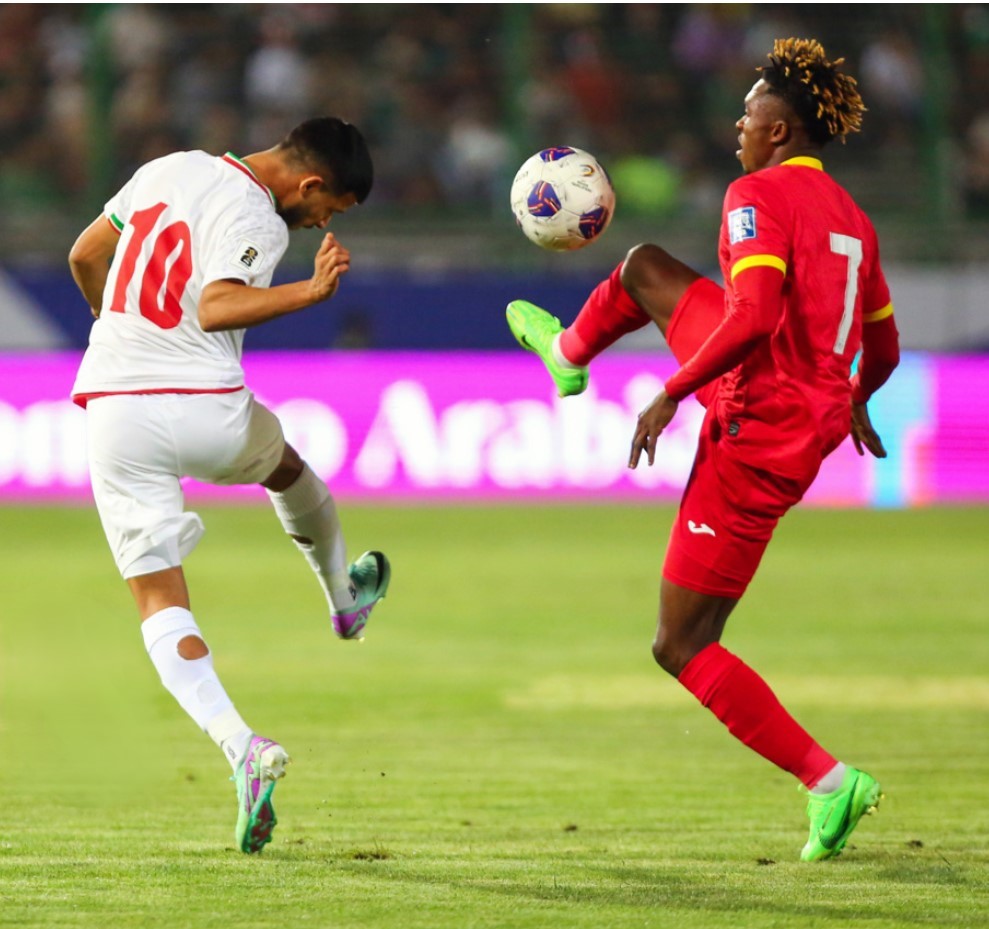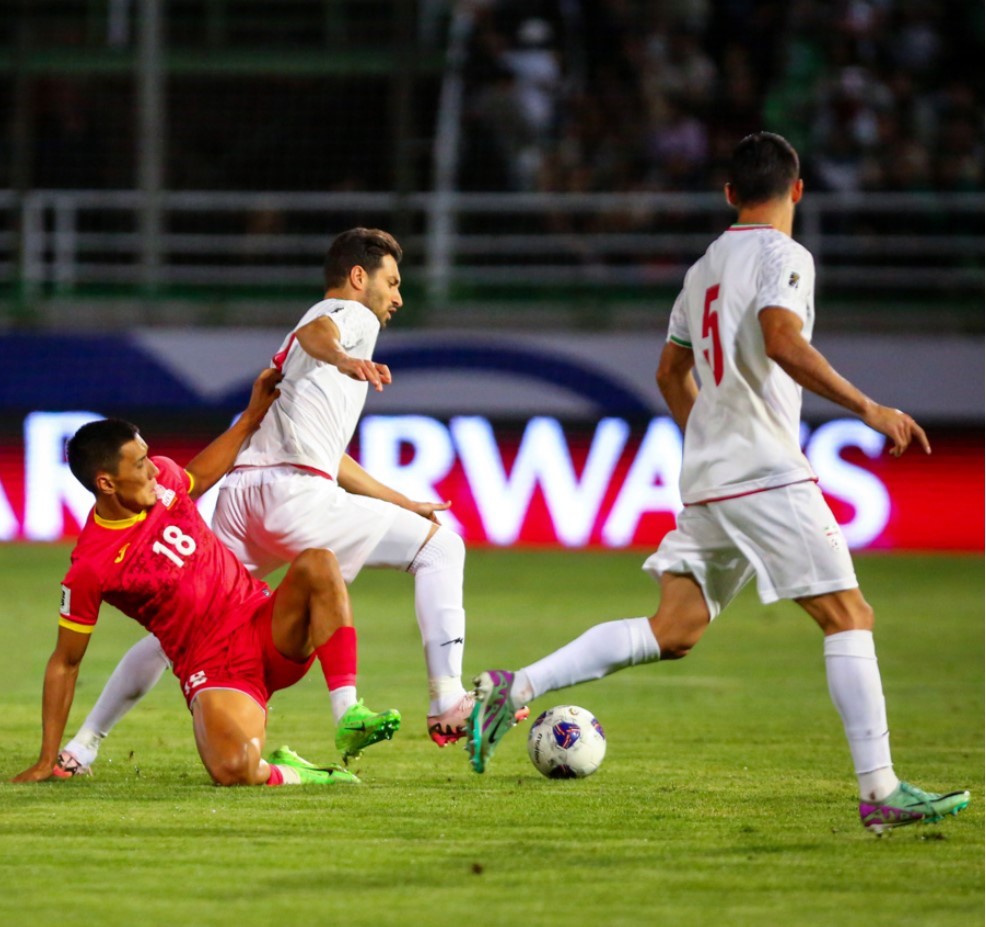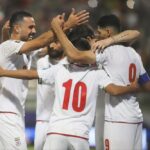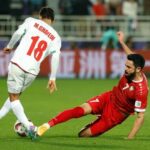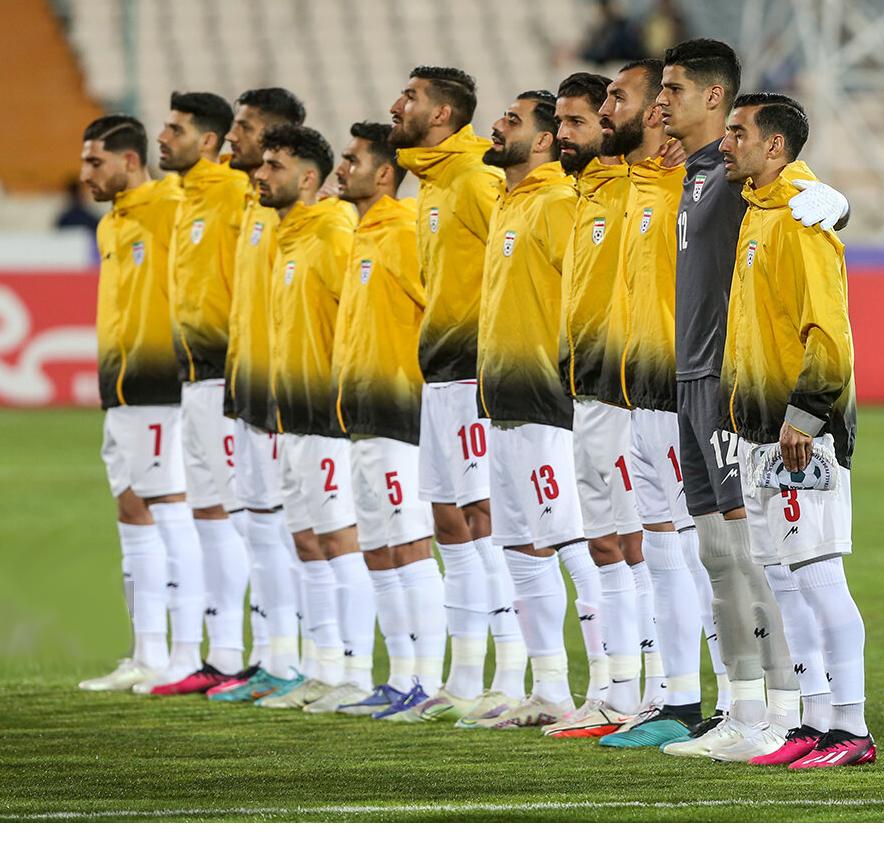IThe head coach of the Iranian national football team, Amir Ghalenoei, expressed satisfaction with the team’s performance in the World Cup qualifiers. Following a 1-0 victory against the UAE in the second match of the third qualifying round for the FIFA World Cup 2026, Ghalenoei shared his thoughts in a press conference.
Commendation and Critique
“I must congratulate Mr. Bento for the excellent team he has built. It is one of the best teams the UAE has produced. However, we were almost punished in this game. A match that could have ended with a three or four-goal difference in our favor was nearly a draw. Iran’s goal expectancy was 1.61 to 0.21, but possession was 60 to 40. We played with a plan, identifying and exploiting the UAE’s weaknesses. Despite this, we failed to convert 90% of our opportunities into goals. Football can be unforgiving, but fortunately, we were not punished today. We need to address our issues with poor chance conversion.”
Tactical Insights
Ghalenoei highlighted the tactical approach: “We had two plans. One without a leader to press in their midfield, targeting their number eight player, (Tahnoon Al Zaabi). The other plan involved Sardar, who created many chances that we unfortunately did not capitalize on. We hope that Jahanbakhsh, Ghoddos, and Saeid Ezatollahi will return to form for the next game.”
Fan Support and Criticism
He also acknowledged the fans: “I thank the fans who supported us today. Despite being fewer in number than the local fans, they did not let us down. Criticism is good and leads to improvement, but it should aim to help the team. The previous game was played on an unfavorable field, but today we played on a beautiful pitch. We gained six points and kept a clean sheet, but I expect more from my players.”
Looking Ahead
Regarding the upcoming match against Uzbekistan, Ghalenoei said: “All games in Asia are tough now, with teams becoming more competitive. There was criticism about inviting players like Saeed Ezatollahi, who is recovering from injury, and Jahanbakhsh and Saman Ghoddos, who are without clubs. However, their conditions will improve in the next month. After a short break and monitoring the domestic League and AFC Elite League games, we will discuss the next game plans.”
Pressure and Expectations
When asked about the pressure of qualifying for the World Cup, Ghalenoei responded: “Iran has been an Asian powerhouse for many years, and expectations are high. This pressure motivates us to work harder and make our people happy with good games and results. We aim to improve game by game and advance to the World Cup, with bigger goals in mind.”


